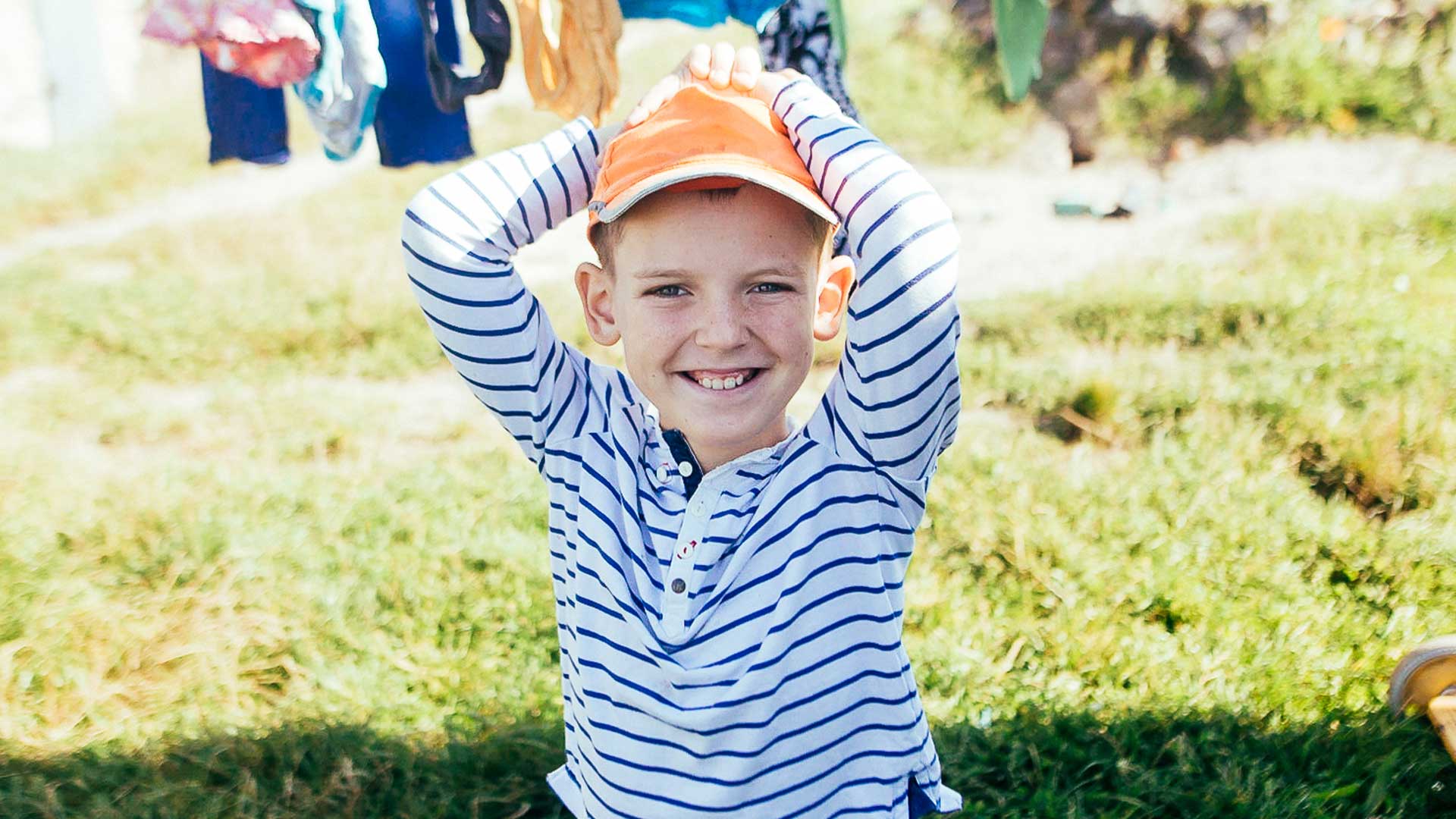Contact Us On: +353 85 239 5025
Have you ever wondered what a small monthly donation can truly accomplish? Child sponsorship programs might seem like a drop in the ocean, but for millions of children across the globe, they represent a lifeline—a gateway to education, healthcare, nourishment, and a future filled with hope. These programs not only change the lives of the sponsored children, but they also transform communities and inspire deep personal connections between sponsors and recipients. In this article, we’ll explore the powerful impact of child sponsorship programs, how they work, their benefits, and how you can get involved.

What Are Child Sponsorship Programs?
At their core, orphan sponsorship program are long-term charitable initiatives that pair individual donors (sponsors) with children in need. These programs are usually run by non-profit organizations, faith-based groups, or humanitarian agencies. The sponsor provides a regular donation—often monthly—that directly supports a specific child and contributes to broader community development projects.
This financial support ensures the child has access to essential services such as:
- Education and school supplies
- Medical care and vaccinations
- Nutritious food and clean water
- Safe living conditions
- Emotional and psychological support
Some programs also include the opportunity for sponsors to communicate directly with the child via letters, photos, or videos, creating a personal bond that transcends borders.
Why Do Child Sponsorship Programs Exist?
Poverty, conflict, lack of education, and systemic inequality prevent many children from reaching their potential. In some parts of the world, children walk miles just to fetch water, skip school to work in fields, or go to bed hungry every night. Child sponsorship programs are a targeted solution to these deep-rooted problems.
These programs aim to:
- Break the cycle of poverty
- Empower children with knowledge and skills
- Promote gender equality and child rights
- Create long-term sustainable development within communities
By focusing on the child and their environment, these programs ensure not only the survival but the growth and success of future generations.
How Do Child Sponsorship Programs Work?
The structure is simple yet impactful. Once you sign up to sponsor a child, you’re matched with a boy or girl based on preferences like age, region, or specific needs. The organization then allocates your monthly contributions to support that child’s education, healthcare, and overall well-being.
Here’s a breakdown of how the process typically works:
- Enrollment and Matching: You choose a child (or allow the organization to match one for you).
- Monthly Contributions: Most programs ask for $30–$50 per month.
- Regular Updates: You receive progress reports, letters, and photos.
- Community Investment: While your donation supports one child, it often benefits their family and village through community-based initiatives.
- Long-Term Commitment: Many programs last until the child becomes self-sufficient, often at age 18 or beyond.
Some sponsors even go beyond financial support—sending birthday cards, writing letters of encouragement, and building genuine friendships with the children they sponsor.
The Benefits of Child Sponsorship (For Both Sides)
For the Sponsored Child:
- Access to Quality Education: School fees, uniforms, books, and after-school programs.
- Improved Health Outcomes: Regular health checkups, vaccinations, and hygiene kits.
- Food Security: Access to nutritious meals that support growth and development.
- Emotional Support: Knowing someone cares about them boosts a child’s self-esteem.
- Hope for the Future: Children begin to dream bigger and strive for better futures.
For the Sponsor:
- Personal Fulfillment: There’s deep joy in knowing you’re making a real difference.
- Connection and Compassion: Building a relationship across cultures promotes empathy.
- Perspective and Gratitude: Seeing the struggles of others often helps us appreciate our blessings.
- Tax Benefits: Donations are often tax-deductible.
- Educational Experience: Sponsors often learn about global issues, cultures, and resilience through their sponsored children.
Popular Organizations Offering Child Sponsorship
Many reputable organizations offer transparent and trustworthy orphan sponsorship program ireland. Here are some globally recognized ones:
Organization Name
Monthly Cost
Unique Feature
World Vision
$39
Faith-based focus, strong community impact
Save the Children
$36
Focuses on education and emergency response
Compassion International
$38
Christian-based, highly personalized connection
Plan International
$33
Emphasizes gender equality and children's rights
Children International
$32
Strong focus on youth empowerment and life skills
Each organization operates slightly differently, so it’s important to do your research before committing.
Are Child Sponsorship Programs Effective?
Yes—when done right, they are incredibly effective. Multiple studies have shown that children in sponsorship programs perform better academically, have higher self-esteem, and are more likely to escape poverty than their peers who are not sponsored.
A study by Dr. Bruce Wydick, a development economist, revealed that sponsored children were more likely to finish secondary school and become employed in higher-paying, white-collar jobs. The emotional impact—knowing someone across the world believes in them—is immeasurable.
However, effectiveness also depends on:
- The integrity and transparency of the organization
- Whether support is child-focused or community-focused
- Long-term sustainability plans beyond the sponsorship
How to Choose the Right Sponsorship Program
Before committing, ask yourself:
- What values or causes are important to me?
- Do I want to sponsor based on religion, region, or specific needs (like girls’ education)?
- Can I sustain the monthly commitment long-term?
- Does the organization offer regular updates and transparent reporting?
Also, read reviews, check independent ratings (like Charity Navigator), and see if the organization is registered as a nonprofit.





Comments